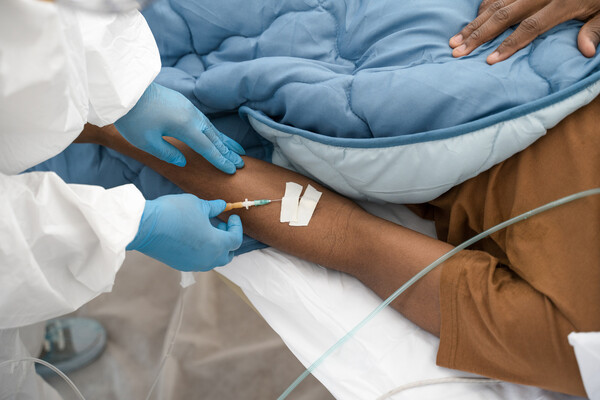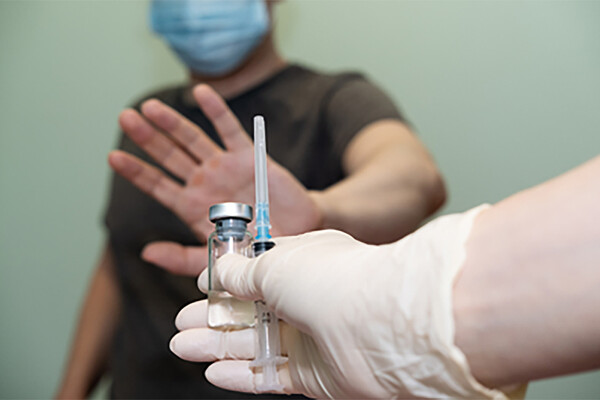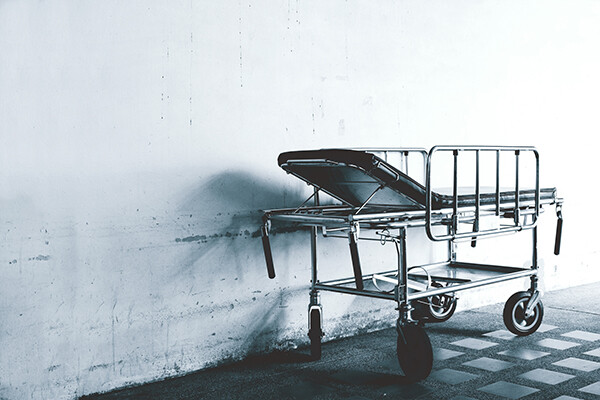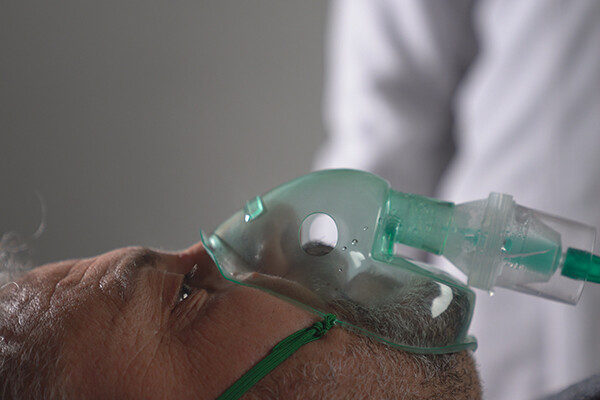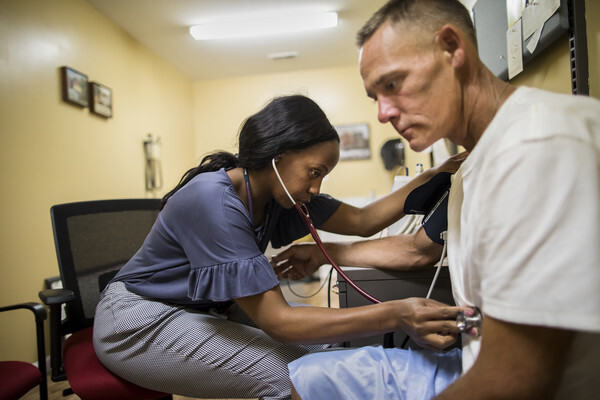5/18
Emergency Medicine
‘Stop the Bleed’ program helps bystanders in India aid accident victims
The innovative program addresses the country’s high rate of preventable fatalities by offering training on how to recognize and stop life-threatening bleeding.
Higher rates of chemical sedation among Black psychiatric patients points to inequities
Penn Medicine researchers also find that white patients are more likely to be chemically sedated in emergency departments at hospitals that treat high proportion Black patients, suggesting that hospital demographics can impact practice patterns.
Insights on trust and vaccines: Lessons from an emergency department analysis
A team from the Perelman School of Medicine completed a survey to determine who people trust when it comes to vaccine hesitancy.
Guiding emergency medicine toward a North Star of racial justice
Eugenia South, an assistant professor of emergency medicine and vice chair for Inclusion, Diversity, and Equity in Emergency Medicine, highlights the need to connect and act in support of equity and inclusion on many fronts.
New emergency department program enables patients to recover at home safely
Penn Medicine established a program to improve support for patients after emergency department visits, helping them recover at home instead of the hospital.
Delayed emergencies in COVID times
A new study shows how often people put off non-COVID emergency care during the pandemic, who stayed home, and what kind of care they deferred.
Nearly 1 in 10 COVID patients return after leaving emergency department
A new Penn study finds patients with low pulse oximetry readings or fever were more than three times as likely to require hospitalization after their initial discharge, as compared to other COVID patients.
After opioid overdose emergency, few patients receive timely follow-up
For people with diagnosed opioid use disorder, timely follow-up care after leaving the hospital can save lives. But a recent national study showed that just 16% of privately insured patients obtain that essential care.
Survey examines emergency department management of deliberate self-harm
SP2’s Steven Marcus’ new study examines how routinely emergency room staff members properly provide help to individuals who present for self-harm, and how to improve emergency care for high-risk patients.
In the News
What’s going on with tranq?
Jeanmarie Perron of the Perelman School of Medicine says that the appearance and progression of skin ulcers and tissue loss on xylazine users is different than with other intravenous drugs.
FULL STORY →
Cardiac arrest recoveries are great stories, but they’re rare. We can fix that
In an opinion essay, Raina Merchant of the Perelman School of Medicine says that low survival rates for cardiac arrest can be improved by increasing rates of CPR.
FULL STORY →
Philadelphia hospital program adds psychologists to bridge mental health services for trauma survivors
A new psychology team at the Penn Trauma Violence Recovery Program has provided about 46 survivors with short- and long- term therapy, featuring remarks from Elinore Kaufman and Lily Brown of the Perelman School of Medicine.
FULL STORY →
Dog respiratory illness map update: Mystery disease spreads to more states
Deborah Silverstein of the School of Veterinary Medicine says that the dogs most at risk for respiratory illness are those with low immunity, such as young puppies, the unvaccinated, or older dogs, and potentially short-nosed breeds.
FULL STORY →
Mystery respiratory dog illness has pet owners concerned. Here’s what vets are saying
Deborah Silverstein of the School of Veterinary Medicine says that a mysterious respiratory canine illness is likely a resurgence of some of the organisms seen with kennel cough.
FULL STORY →
Pennsylvania dog owners take precautions as mysterious illness continues to spread
Deborah Silverstein of the School of Veterinary Medicine suggests that dog owners be on the lookout for symptoms similar to kennel cough, like bouts of coughing, sneezing, eye and nasal discharge, and lethargy.
FULL STORY →




